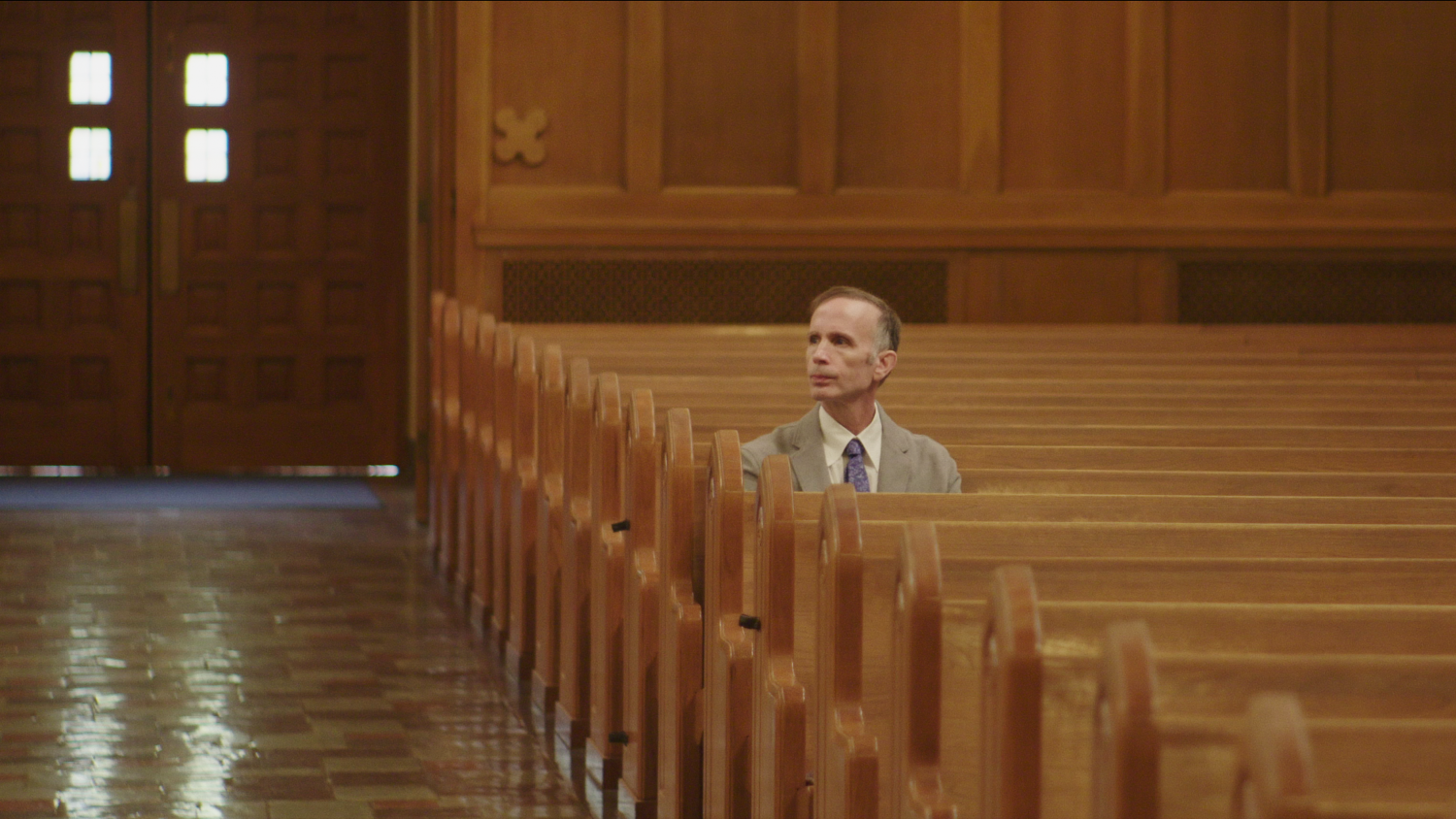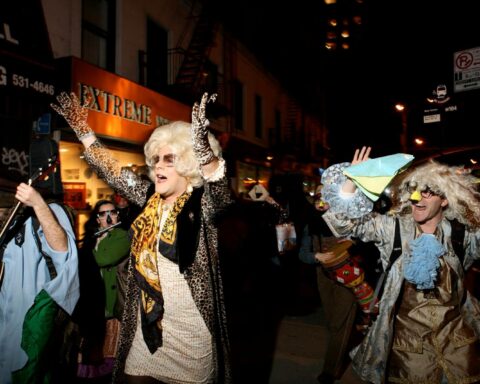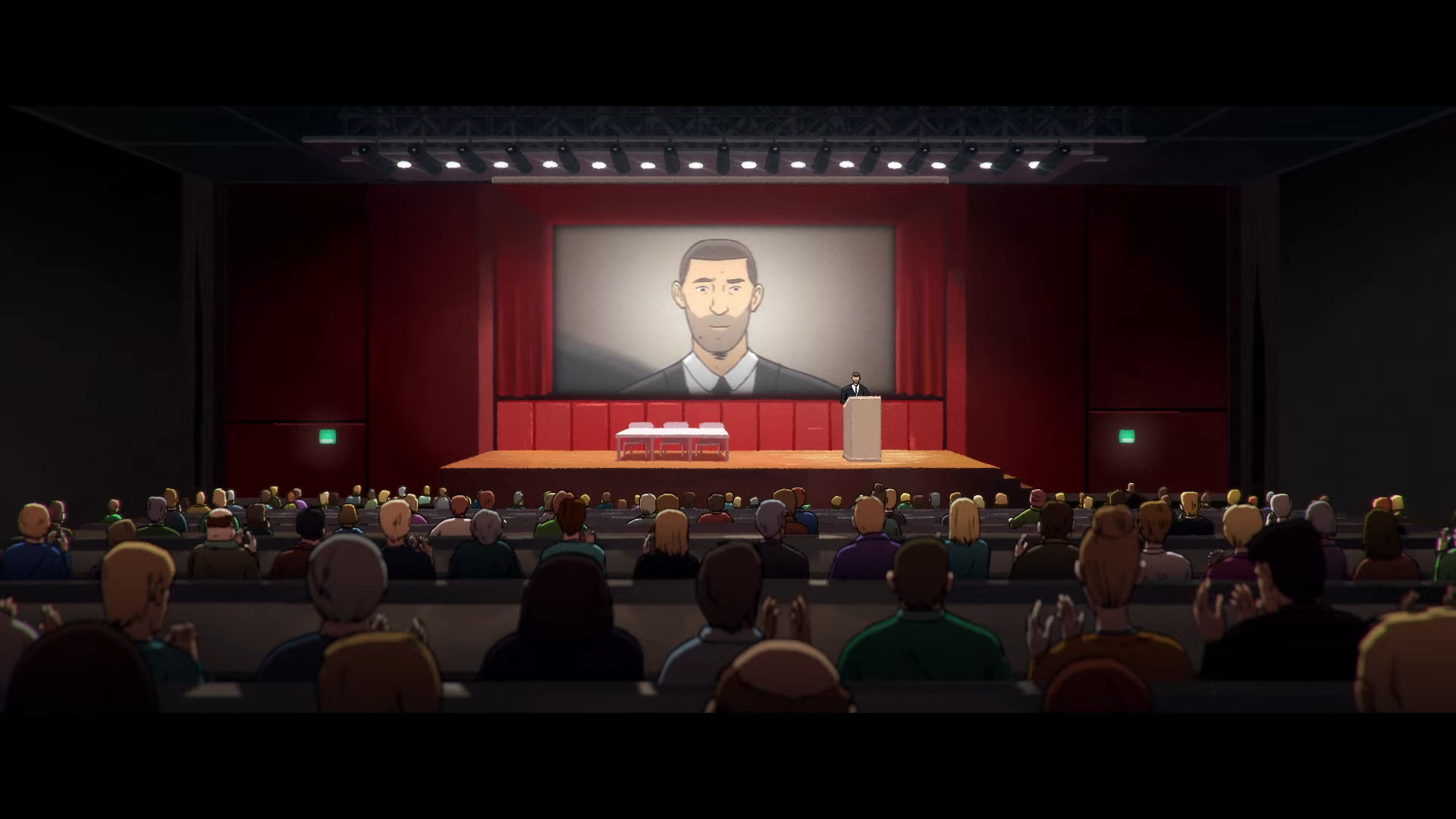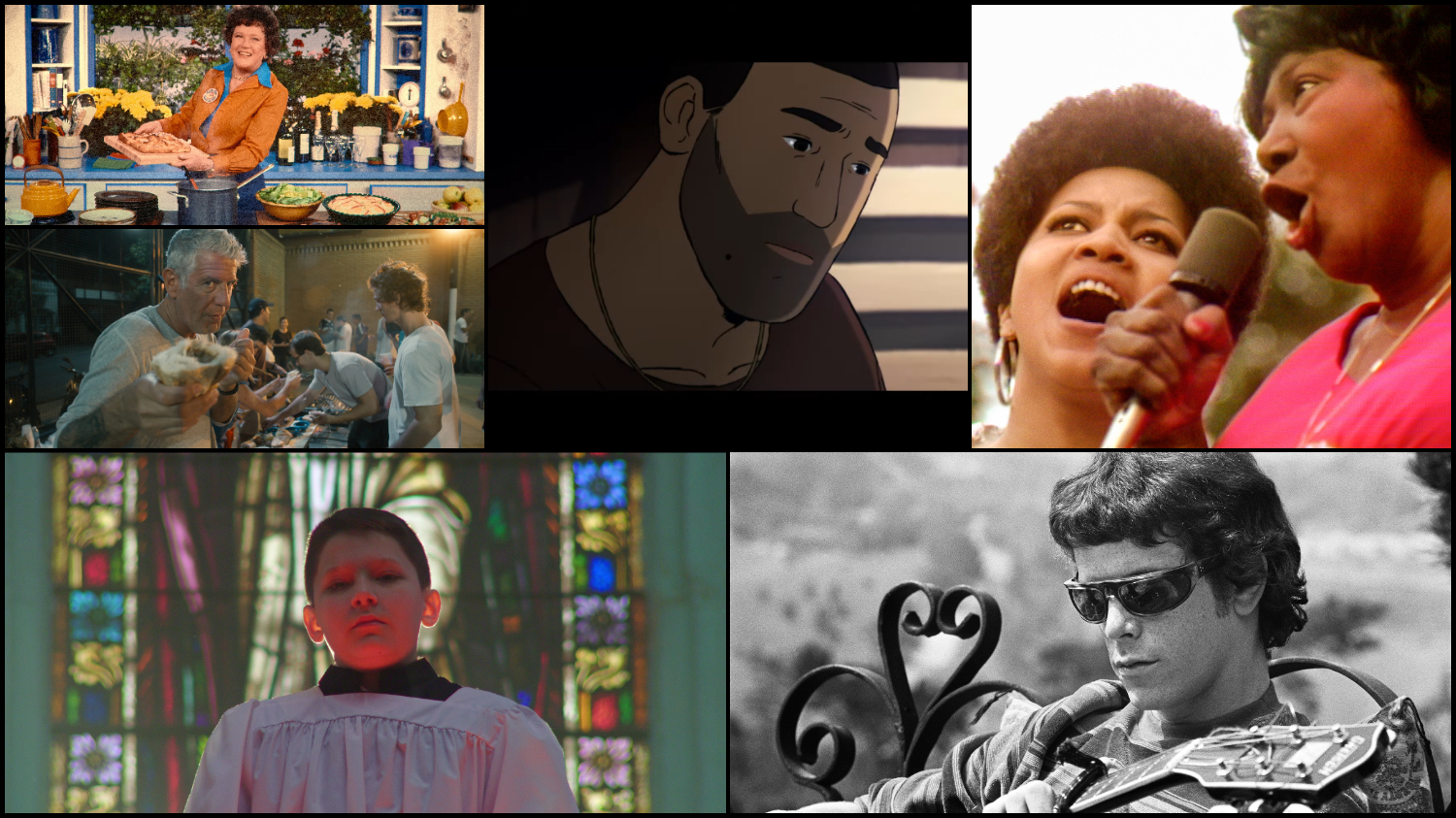Procession
(USA, 118 min.)
Dir. Robert Greene, director
It’s easy enough to praise Robert Greene for tackling the subject of child sexual abuse perpetrated by members of the American Catholic priesthood, but what makes Procession remarkable is his ability to enable victims to repair themselves through drama and documentary. In his film, six survivors of pederasty attempt to work through their traumas by imaginative methods including recreations, new scenarios and actual returns to the scenes of the crimes. Greene takes on a role far different from the standard objective documentarian; in fact, he’s a participant who actively engages with them in their therapy. The film itself is a result of Greene encouraging them, with proper emotional and legal guidance, to explore the depths of their despair in order to heal themselves. With Procession, Greene has raised the stakes on what a documentary can be, emotionally, psychologically and intellectually.
Greene found his protagonists in Kansas City, where attorney Rebecca Randles represents abuse victims, and Monica Phinney acts as a drama therapist. Joe Eldred, Mike Foreman, Ed Gavagan, Dan Laurine, Michael Sandridge, and Tom Viviano have had dealings with the Catholic Church since coming forward about their childhood abuse and with the exception of Viviano, whose case was unresolved as the film was being made, they didn’t receive satisfaction from that institution nor from the courts. Though all try to handle what happened to them with some degree of equanimity, anger and tears are inevitable when their stories are told in detail. What is exceptional is their method of dealing with the pain, which is through drama therapy with the assistance of Greene as documenter and film director.
In a terrifying scene as the film kicks off, we see a boy, terrified by a priest while helping in a ritual during a crowded church service, running upstairs to the balcony for safety. To his shock, the full congregation turns to glare at him as the priest’s eyes turn a phantasmagoric green, casting an evil spell. We find out later that this scene is from a script called “Altered Boys,” by Michael, one of the formerly abused children. Another script involves a priest scaring a boy in the confessional while in yet another, a priest, in his underwear, forces a different lad to reveal his deepest sexual secrets. Greene is excellent at capturing such revelatory moments and does equally well depicting the quest of several of the men to find the exact location where they were first abused by a priest. All get at the heart of the matter: to show the face of evil—the worst moments of affliction—and by doing so, to expiate it, so that the victims can become whole again.
Robert Greene’s films have been exploring the borders between documentary and drama for quite some time. Actress (2014) depicts the two worlds of a performer coming back to work after several years raising a family; Kate Plays Christine (2016) shows an actress preparing to play Christine Chubbuck, a newscaster who committed suicide on camera; and Bisbee ’17 (2018) features a reenactment of the centenary of the violent arrests and deportation of union workers and assorted radicals in a former mining town in Arizona. Procession continues the work, allowing for a more active collaboration between the director and his subjects while ensuring that trauma was averted by the help of a drama therapist.
Somewhere between a process and a processional or ritual, Greene’s Procession radically deconstructs the worst excesses of the Church and its priesthood. It’s an inflammatory film and a caring one. Robert Greene’s work continues to grow as does his exploration of the limits of documentary and drama.













